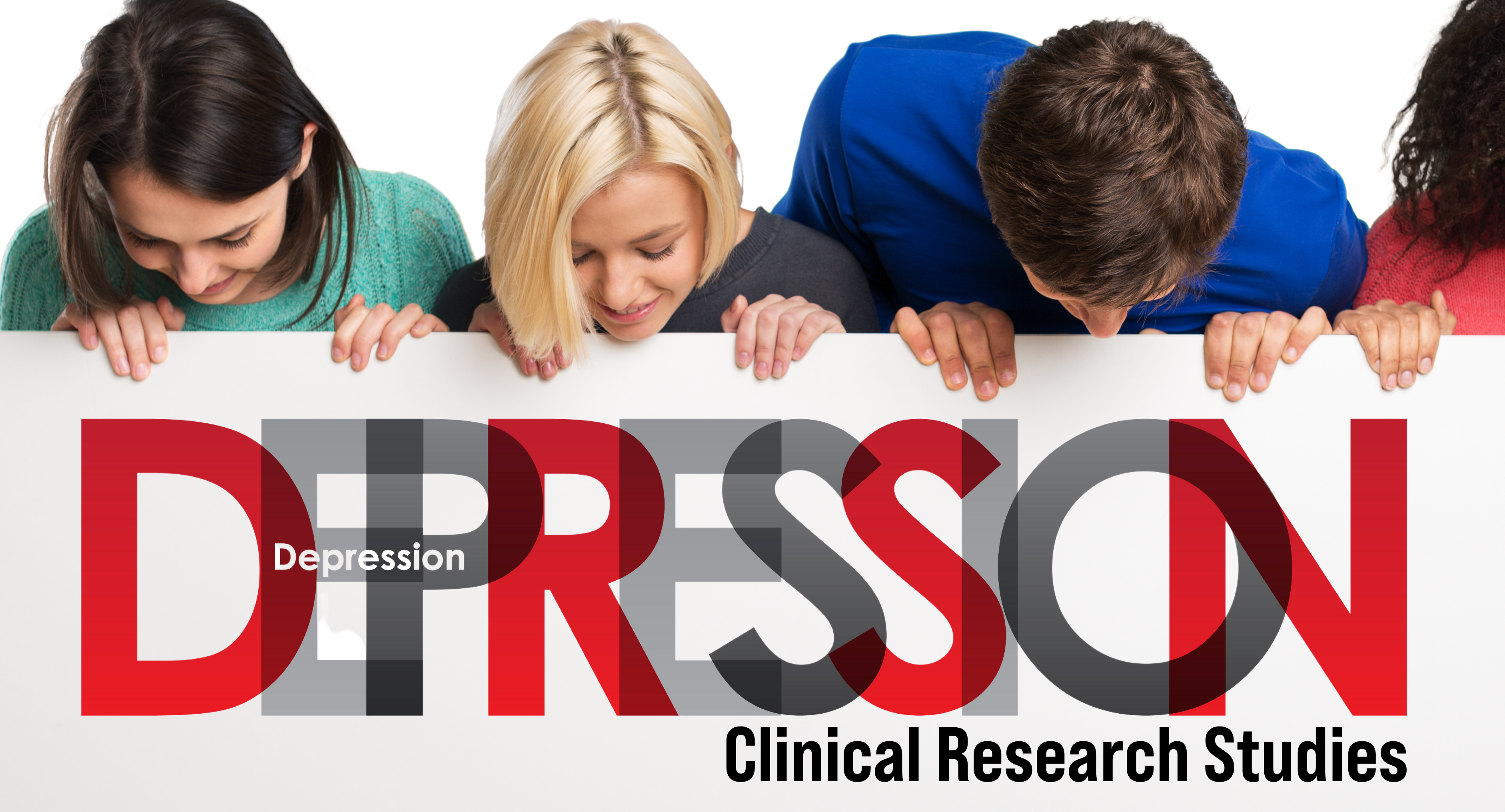Understanding Depression: How Clinical Trials Are Paving the Way for New Treatments

Depression affects more than 264 million people worldwide. While traditional treatments like SSRIs and psychotherapy have provided relief for many, a significant portion of individuals continue to experience persistent symptoms. Recent advancements in clinical research up to 2024 have introduced innovative therapies, offering renewed hope for those with treatment-resistant depression.
The Evolution of Depression Treatments
Traditional antidepressants often come with limitations:
-
Delayed Onset: Many antidepressants take weeks to exhibit noticeable effects.
-
Variable Efficacy: A substantial number of patients do not achieve full remission.
-
Side Effects: Adverse reactions can lead to discontinuation.Wikipedia+1JNJ.com+1
These challenges have propelled the search for more effective and faster-acting treatments.
Recent Breakthroughs in Depression Therapies
Clinical trials in recent years have led to several notable advancements:
-
Esketamine: Approved as a monotherapy for treatment-resistant depression, esketamine has shown rapid improvements in depressive symptoms, with effects observed as early as 24 hours.
-
Psilocybin-Assisted Therapy: Studies have indicated that psilocybin, the active compound in "magic mushrooms," can significantly reduce symptoms in individuals with major depressive disorder.
-
Digital Therapeutics: The FDA approved Rejoyn, a prescription-only digital therapeutic smartphone app designed to treat major depressive disorder by engaging users in cognitive tasks aimed at rewiring depressive neural circuits.
-
Deep Brain Stimulation (DBS): Abbott initiated a clinical study to evaluate the use of its DBS system for managing severe treatment-resistant depression, offering potential relief for those unresponsive to conventional treatments.
Trends in Depression Clinical Trials
The landscape of depression research has evolved, with an increasing number of clinical trials focusing on novel therapies. Between 1995 and 2020, over 10,000 depression-related trials were registered, reflecting a growing commitment to addressing this pervasive condition. Nature
The Importance of Clinical Trials
Clinical trials are essential for validating the safety and efficacy of new treatments. They involve rigorous methodologies, including randomized controlled trials and placebo controls, to ensure reliable results. Participation in these trials not only contributes to scientific advancement but also provides patients with access to cutting-edge therapies.
Looking Forward
The future of depression treatment is promising, with ongoing research into personalized medicine, biomarkers for early detection, and integrative approaches combining pharmacotherapy with digital interventions. These advancements aim to provide more effective, rapid, and tailored solutions for individuals battling depression.
Staying informed about the latest developments and considering participation in clinical trials can empower individuals to make informed decisions about their mental health care.

.png)
